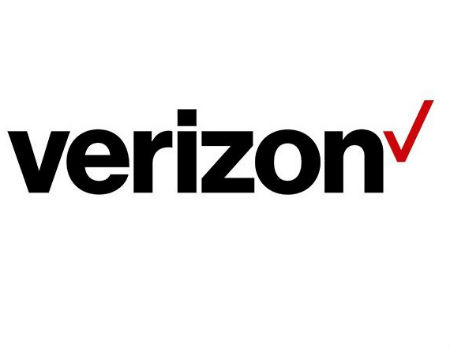Verizon Touts CBRS Trial on Live Network
The smarter way to stay on top of the multichannel video marketplace. Sign up below.
You are now subscribed
Your newsletter sign-up was successful

Verizon said it teamed with a mix of vendor partners on a successful trial in Florida that tested LTE technology running on a swath of CBRS (Citizens Broadband Radio Service) spectrum on Verizon’s live commercial network.
That live trial follows a batch of trials last year and ongoing CBRS-facing work in Verizon’s lab in Texas.
The latest “real world” trial involved a set of suppliers, including Ericsson, Qualcomm Technologies, and Federated Wireless, a company that is developing a platform that enables partners to run services in the emerging, shared CBRS band without interfering with incumbent users.
CBRS, a 150 MHz-wide batch of spectrum in the range of 3.55 GHz to 3.7 GHz, is being eyed for a wide range of use cases that will eventually utilize licensed and unlicensed portions alongside incumbents. Cable operators are eyeing CBRS as a way to offload some of their mobile traffic and reduce MVNO-related costs. CBRS will also be used to nail up private LTE networks and to bring more capacity to mobile and wireless service providers.
RELATED: Altice USA Eyes CBRS Small Cell Strategy
Verizon said the trial deployment in Florida used a combination of Verizon licensed AWS and 700 MHz spectrum aggregated with 50 MHz of CBRS band 48 spectrum, and involved both outdoor and in-building systems.
RELATED: CBRS Band, Cert Program Branded as ‘OnGo’
The smarter way to stay on top of the multichannel video marketplace. Sign up below.
Ericsson provided its Radio DOT system for indoor and Radio 2208 for outdoor, Qualcomm Technologies supplied its Snapdragon 845 mobile test device with X20 LTE for access to CBRS on mobile devices (devices that can access the CBRS band are expected to arrive next year), and Federated Wireless provided the prioritization through its Spectrum Controller. Ericsson also provided the domain proxy to enable radios to communicate with Federated Wireless’s Spectrum Controller.
RELATED: Comcast Wants to Test CBRS in Philly
“As more people use more wireless devices to do more things in more places, building a network to stay ahead of customer demand is crucial,” Mike Haberman, VP of network engineering for Verizon, said in a statement.” “This shared spectrum resource is a critical component of our strategy to add capacity to our network.”
